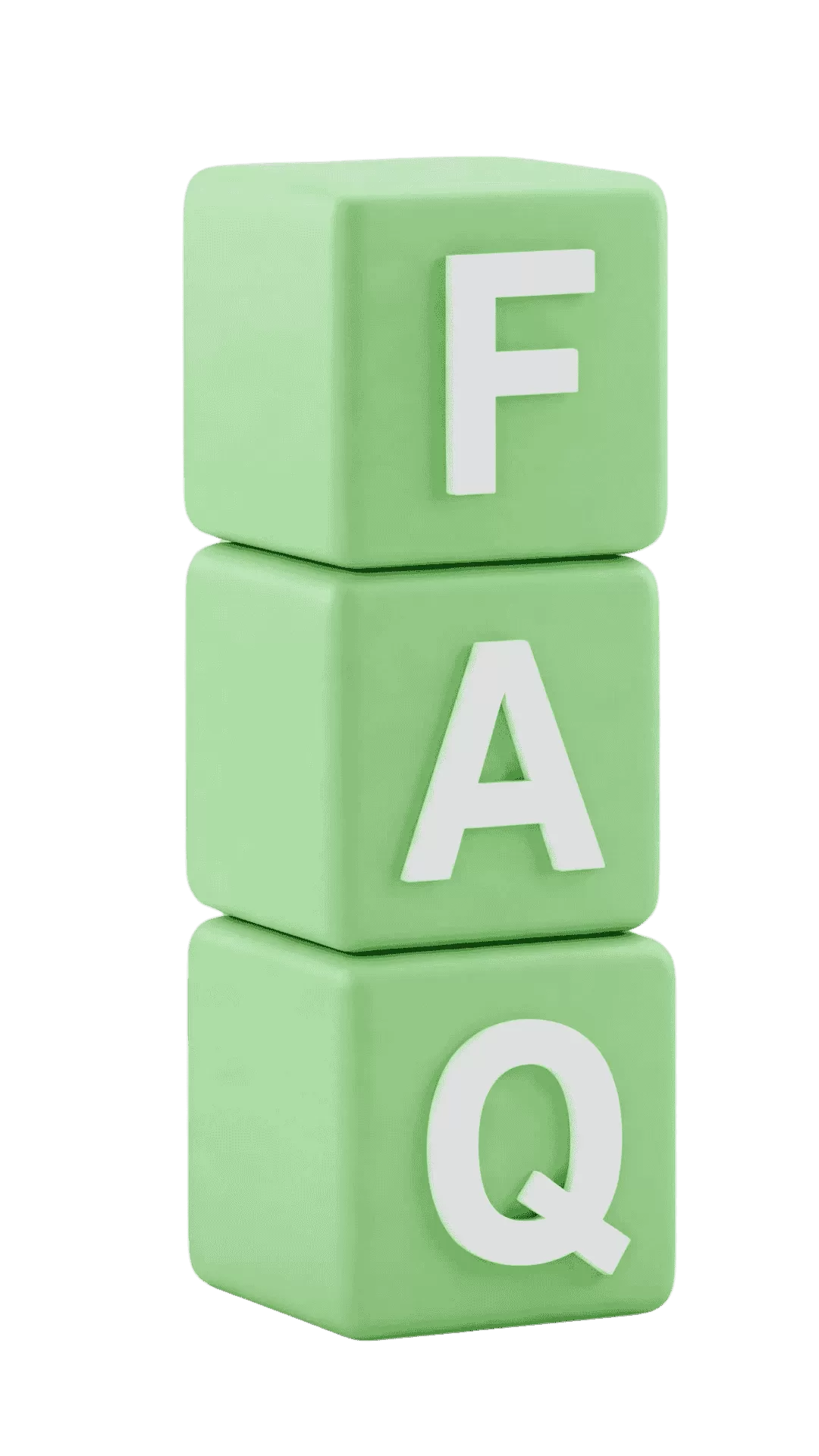1.1: Critical essay
1.2: Empathic response
2.4: A sensitive and informed personal response to the poem

Giáo viên theo sát, điều chỉnh linh hoạt để đạt hiệu quả cao nhất
Đặt mục tiêu điểm số & định hướng rõ ràng
Xây dựng kế hoạch học tập chi tiết, khoa học
Giáo viên theo sát, điều chỉnh linh hoạt để đạt hiệu quả cao nhất
Xác định điểm mạnh, yếu & nhu cầu

Đặt mục tiêu điểm số & định hướng rõ ràng

Xây dựng kế hoạch học tập chi tiết, khoa học

Giáo viên theo sát, điều chỉnh linh hoạt để đạt hiệu quả cao nhất

Teaches:
Curriculum:

Teaches:
Curriculum:

Teaches:
Curriculum:

Teaches:
Curriculum:

Teaches:
Curriculum:

Teaches:
Curriculum:

Teaches:
Curriculum:

Teaches:
Curriculum:
| Điều Kiện / Tính Năng | Standard | Premium | Platinum |
|---|---|---|---|
| 🌟Cam kết điểm số theo mục tiêu | ❌ | ❌ | ✅ |
| Bài tập và Ghi chú bài giảng | ✅ | ✅ | ✅ |
| Bài tập tại lớp và Đáp án | ✅ | ✅ | ✅ |
| Bài tập về nhà bổ sung | ✅ | ✅ | ✅ |
| Đề thi mẫu và Đề thi các năm | ✅ | ✅ | ✅ |
| Ngân hàng câu hỏi/Đề thi | ✅ | ✅ | ✅ |
| Hỗ trợ bài tập về nhà vào sáng thứ 7 | ❌ | ✅ | ✅ |
| Cố định giáo viên | ❌ | ✅ | ✅ |
| Hỗ trợ các bài IA, EE, TOK | ❌ | ✅ | ✅ |
| Phản hồi tin nhắn sau giờ hành chính (phản hồi đến 21:30) | ❌ | ✅ | ✅ |
| Buổi gặp gỡ đầu tiên của Giáo viên & Học sinh | ✅ | ✅ | ✅ |
| Buổi trao đổi của Giáo viên & Phụ huynh | ❌ | ✅ | ✅ |
| Báo cáo học tập định kỳ | ✅ | ✅ | ✅ |
| Đánh giá và nhận xét của giáo viên sau mỗi buổi học | ✅ | ✅ | ✅ |
| Chính sách thay đổi lịch học (báo trước trong giờ hành chính) | 24 tiếng | 12 tiếng | 06 tiếng |
| Cam kết đậu kỳ thi | ✅ | ✅ | ✅ |
Đừng ngần ngại liên hệ Intertu


191, Nguyễn Văn Hưởng, P. Thảo Điền, TP. Thủ Đức, TP.HCM
info@intertu.edu.vn
Phone : (028) 22426282 Zalo : 0971515265
Liên hệ ngay